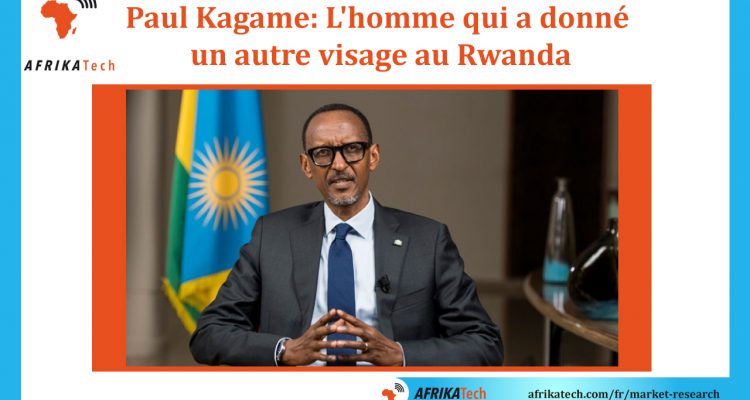The first thing that comes to mind when talking about Rwanda is undoubtedly the Rwandan genocide. 26 years later, nothing is forgotten. Indeed, Rwandans rely on their past to build the future. And we can say that it works! The discipline shown by its president Paul Kagame is an integral part of the ingredients of what is today called the “Rwandan miracle”.
The orphans of the genocide …
Orphans are not forgotten or left behind. They benefit from the FARG (Genocide Survivors Assistance Fund). This fund, financed by the Rwandan State, takes care of these children until adulthood. This includes their education, as well as living expenses. It’s not a fortune, but it allows more than one to get at least one License.
Recovery of the economy
After the genocide, the Rwandan economy was not the most lush. Coffee and tea seemed to be the only outlets, but couldn’t keep her afloat. Added to this was a virtually non-existent industry and the rare and expensive minerals to extract. Paul Kagame therefore relies on his people. The development of the country being focused on education and health. It is supported by international institutions like the World Bank (40% of the country’s budget was funded by international aid until 2012). Public investments have also enabled the reconstruction of infrastructure and the implementation of major projects.
Rwanda’s annual growth rate increased by 7.5% between the years 2000 and 2017. All sectors of the economy are in motion: agriculture is increasingly giving way to the tertiary sector, Information Technologies are positioning themselves, telephony (forthcoming production of the first smart phone on the continent), financial services … Moreover, Rwandans benefit from health insurance; which probably leads to an increase in life expectancy of one year each year. The education system is one of the most efficient on the African continent. 90% of Rwandans have not only access to food, but also to health and education.
Rwanda a business?
Managing Rwanda is like that of a business. Paul Kagame is inspired by the leaders of the largest companies. This earned him the admiration of many of them like Bill Gates, Howard G. Buffett, Howard Schultz, and the American economist Michael Porter. The latter in the Harvard Business Review states: “Rwanda is unique in that the government is actually getting things done. In most countries, things don’t get done. The roads are not built on time. Schools are not being established. Teachers are not trained. Vocational training does not work. And Rwanda, partly for lack of natural resources and partly for good leadership, was able to actually get things done and get them done. “
Its ambition: Rwanda …
Very exacting with others but also with himself, Paul Kagame has a military character. He leads an almost monastic life: four to five hours of sleep, basic meals, no drop of alcohol. All his focus is on his actions as ruler of Rwanda. In order to encourage his people to practice sports, he jogs in Kigali’s parks on the second and fourth Sunday of the month. Unlike most African presidents, Paul Kagame does very well without monarchical pleasures such as the interruption of traffic (for hours) during the passage of his procession which, incidentally, is not at all kilometers. We also note the absence of a flag on its route or even a red carpet.
However, his decisions can be very abrupt. The most palpable example is the change of language from French to English at the start of the 2010 school year. Decision taken for good reason: the regional development of the country in a predominantly English-speaking environment. Thus facilitating its integration into the East African Community (EAC) as well as the Commonwealth. As this decision has harmed a part of the population who are quicker to speak French than English, a reintegration of French into education is planned.
Paul Kagame is considered the Rwandan’s life insurance policy. Indeed, the people are campaigning in a rather particular way in 2017 for his re-election:
- Threat of suicide by a peasant woman
- Exile of a businessman
- Threat of the military to desert …
This desire is by no means faked! This momentum is encouraged by the positive economic and social record. Many believe his departure will spell another season of machetes.
In Paul Kagame’s Rwanda, ethnicity has disappeared, giving way to a united people of Rwandans. This Rwanda refuses to be small: mediocrity is not welcome. Paul Kagame, through his various actions, has managed to restore his country and the transformation is palpable. He not only surrounds himself with the best, but also knows how to give young people and women a chance. The changes are certainly not as rapid as among Asians, but his desire for evolution is more than palpable, and probably driven by a perpetual questioning: how to establish sustainable development in the DNA of every Rwandan?


Leave a Reply